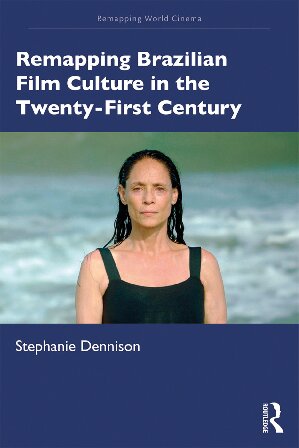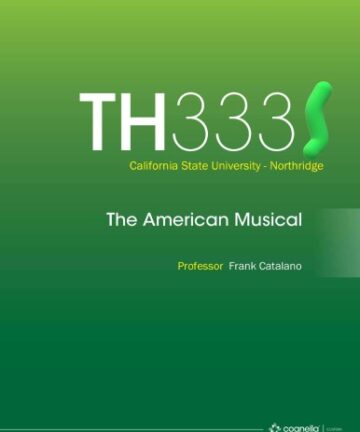Description
Cover
Half Title
Series Information
Title Page
Copyright Page
Dedication
Table of contents
List of Figures
Preface
Acknowledgements
Introduction
Film culture
Structure of the book
Notes
References
Part I
1 Making films in twenty-first-century Brazil
The development of film policy in twenty-first-century Brazil
Criticism of film funding schemes
Issues in National Film Exhibition
The film theatre circuit and quotas for Brazilian films
VOD and online viewing
Film festivals
Cinema ambulante
Democratising production
Alternative filmmaking and distribution initiatives: Cinema de Garagem and Cinema de Bordas
Notes
References
2 Engaging with audiences at home and abroad
Section 1: Twenty-first-century box office phenomena
“The Cinema that Speaks Your Language”: Globo Filmes and popular comedies
Million-dollar niches: blockbuster religious films
Section 2: The circulation of Brazilian films abroad
Brazilian players and global film production
Brazil and international co-productions
Notes
References
3 Women and film culture in Brazil
Brazilian women filmmakers’ spring?
A woman’s film for our times? Anna Muylaert’s Que horas ela volta?
“What the f*** is women’s cinema?”
Maria Augusta Ramos and the trial of Dilma Rousseff
Concluding remarks
Notes
References
4 Brazil’s LGBTQ communities and film culture
The scant history of LGBTQ film culture in Brazil
The times they are a-changing: Anna Muylaert’s Mãe só há uma (2016)
Exhibiting the LGBTQ experience
Homophobia, hashtags and Praia do Futuro
MC Linn da Quebrada, Trans Pride and Bixa Travesty
Concluding remarks
Notes
References
5 Afro-Brazilian filmmaking in the twenty-first century
The structuring absence of Afro-Brazilians in audio-visual culture
Challenging the myth of racial democracy
Beyond City of God
Documenting blackness
Afro-Brazilians doing it for themselves: black audio-visual organisations and the debate around “place of speech”
Concluding remarks
Notes
References
6 Screening the indigenous experience in Brazil
Vídeo nas Aldeias
Martírio
Terra Vermelha and A Nação que não Esperou por Deus
Concluding remarks
Notes
References
Part II
7 Cinema and public security: The Elite Squad phenomenon (2007–2010)
Brazil’s public security dilemma
The enemy within on screen
Genesis of Tropa de Elite
Based on a true story: realism in Tropa de Elite I and II
Fascist, hero or both? The reception of Nascimento and the Tropa de Elite films
Concluding remarks
Notes
References
8 Lúcia Murat’s Olhar Estrangeiro (2005) and the representation of Brazil on foreign screens
Concluding remarks
Notes
References
9 Hope springs from rubbish: Trash (2014) and the garbage aesthetic
Brazil’s rubbish
Garbage as cultural conceit
Catadores on screen
Trash: synopsis
Production
Reception and impact
Concluding remarks
Notes
References
10 A cordial view from Brazil’s north-east: Kleber Mendonça Filho’s Aquarius (2016)
Intimacy in Brazilian culture and the roots of the “cordial man”
“Almost family”: Clara and Ladjane
Subaltern hauntings
At home with Ladjane
Singing songs of cordiality
The impact of Aquarius at home and abroad
Notes
References
Epilogue
Film culture under Bolsonaro
Note
References
Index






Reviews
There are no reviews yet.